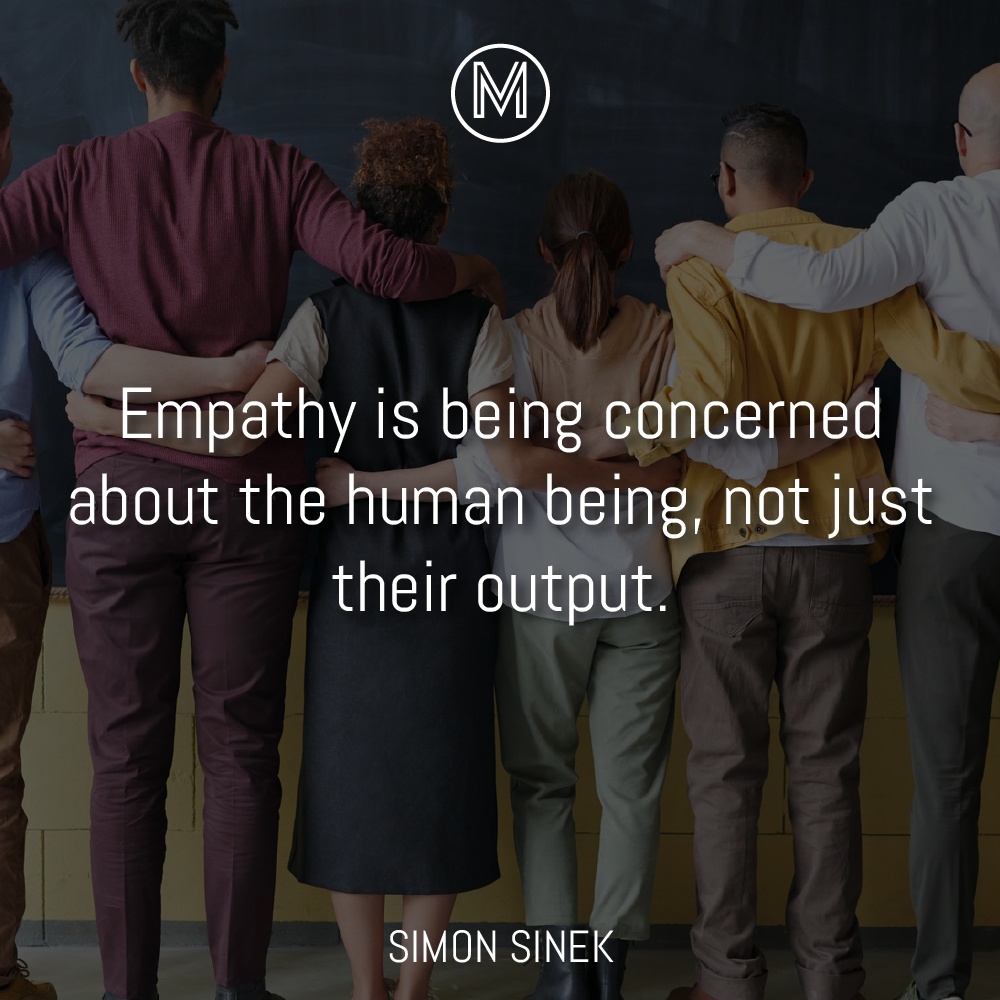Increase Employee Engagement with Five Proven Approaches that People Love

Nothing beats the feeling of working as part of a high-performing team. In these moments, we know what we need to do, our contribution matters, and the team gets the results. The problem is this level of engagement is a rare experience. Most of the time, people are disconnecting and just phoning in. And maybe, we do it ourselves sometimes.
What are Current Levels of Employee Engagement in the US
A Gallup report recently found evidence of high levels of employee disengagement;
- Only 36% of Employees Are Engaged in the Workplace
- 51% of employees are disengaged in the workplace
- 13% are actively disengaged.
Defining Employee Engagement
Engaged employees are typically more productive and motivated and are more likely to stay with their organization for extended periods. Many factors can contribute to employee engagement, including having a positive work environment, feeling a sense of purpose and meaning in one's work, and having opportunities for growth and development within the organization.
Employers often seek to increase employee engagement to improve overall organizational performance.
What Happens when Employees are More Satisfied with their Work
There are many benefits to having high levels of employee engagement in an organization. Some of the benefits that organizations may experience when employees are highly engaged include:
- Increased productivity: Engaged employees are typically more productive than those who are not engaged.
- Higher retention rates: Engaged employees are more likely to stay with an organization for more extended periods, which can help to reduce the costs associated with employee turnover.
- Improved customer satisfaction: Engaged employees are more likely to provide high-quality customer service, which can lead to increased customer satisfaction.
- Better financial performance: Organizations with high levels of employee engagement tend to have better financial performance, as engaged employees are more productive and generate higher revenue.
- Enhanced reputation: Companies with high levels of employee engagement often have a positive reputation, which can help to attract top talent and build a strong employer brand.
"The more engaged employees are, the more likely they are to be motivated, to be creative, and to be productive." - Daniel Pink
Master Series on Employee Engagement

We have made a complete teardown on managing people in our Moonshots Master Series. We learnt from the best, including Simon Sinek, Tony Robbins and Seth Godin.
Five Proven Approaches to Improve Employee Engagement that People Love
- Provide opportunities for growth and development: Employees who feel they are learning and growing in their careers are generally more engaged. Offering training, mentorship, and leadership development programs can help to increase engagement.
- Foster a positive work culture: A positive work culture that is supportive, inclusive, and respectful can go a long way in increasing employee engagement.
- Empower employees: Giving employees the autonomy to make decisions and solve problems can help to increase their sense of ownership and commitment to their work.
- Communicate regularly: Regular communication with employees about company goals, progress, and expectations can help to increase their sense of purpose and alignment with the organization.
- Recognize and reward employees: Recognizing and rewarding employees for their contributions can help to increase their engagement and motivation.
"Employee engagement is the emotional commitment the employee has to the organization and its goals." - Kevin Kruse
The Best Books on Employee Engagement




The Best Videos on Employee Engagement
Why Employee Engagement is Important
Employee engagement matters because it can significantly impact a company's performance and success.
"An engaged employee is one who is fully involved in, and enthusiastic about their work, and thus will act in a way that furthers their organization's interests." - Beverly Kaye
Engaged employees are more productive, have higher job satisfaction, and are more likely to stay with a company. They are also more likely to provide excellent customer service and be willing to go above and beyond in their work. In addition, engaged employees can help create a positive work culture, leading to increased morale and further improving overall performance.

